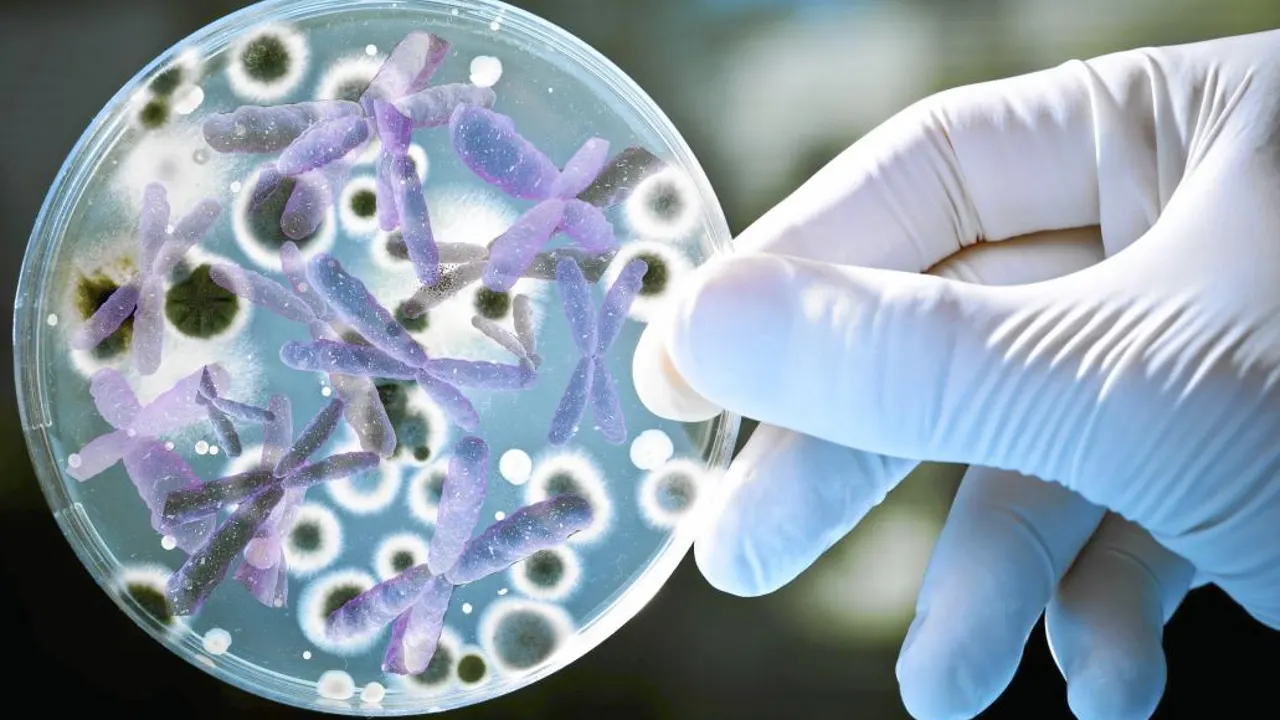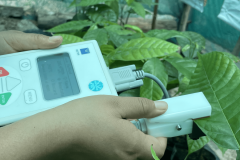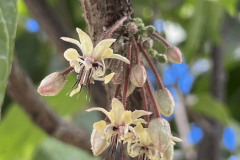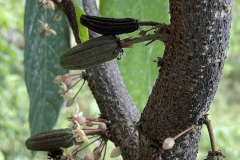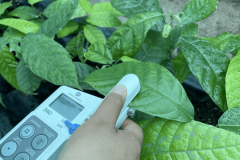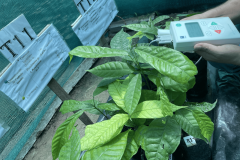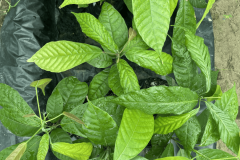In recent years, cadmium presence in agricultural soils has emerged as a critical challenge for cacao production, particularly in Andean countries such as Peru.
This heavy metal, once absorbed by plant roots, can accumulate in cacao beans, compromising product quality and limiting access to more demanding international markets. In this context, Microresi positions itself as a pioneering biotechnology initiative that applies tools from genomics, molecular biology, and microbiology to provide sustainable solutions to this problem..

We isolate and analyze cadmium-resistant bacteria.
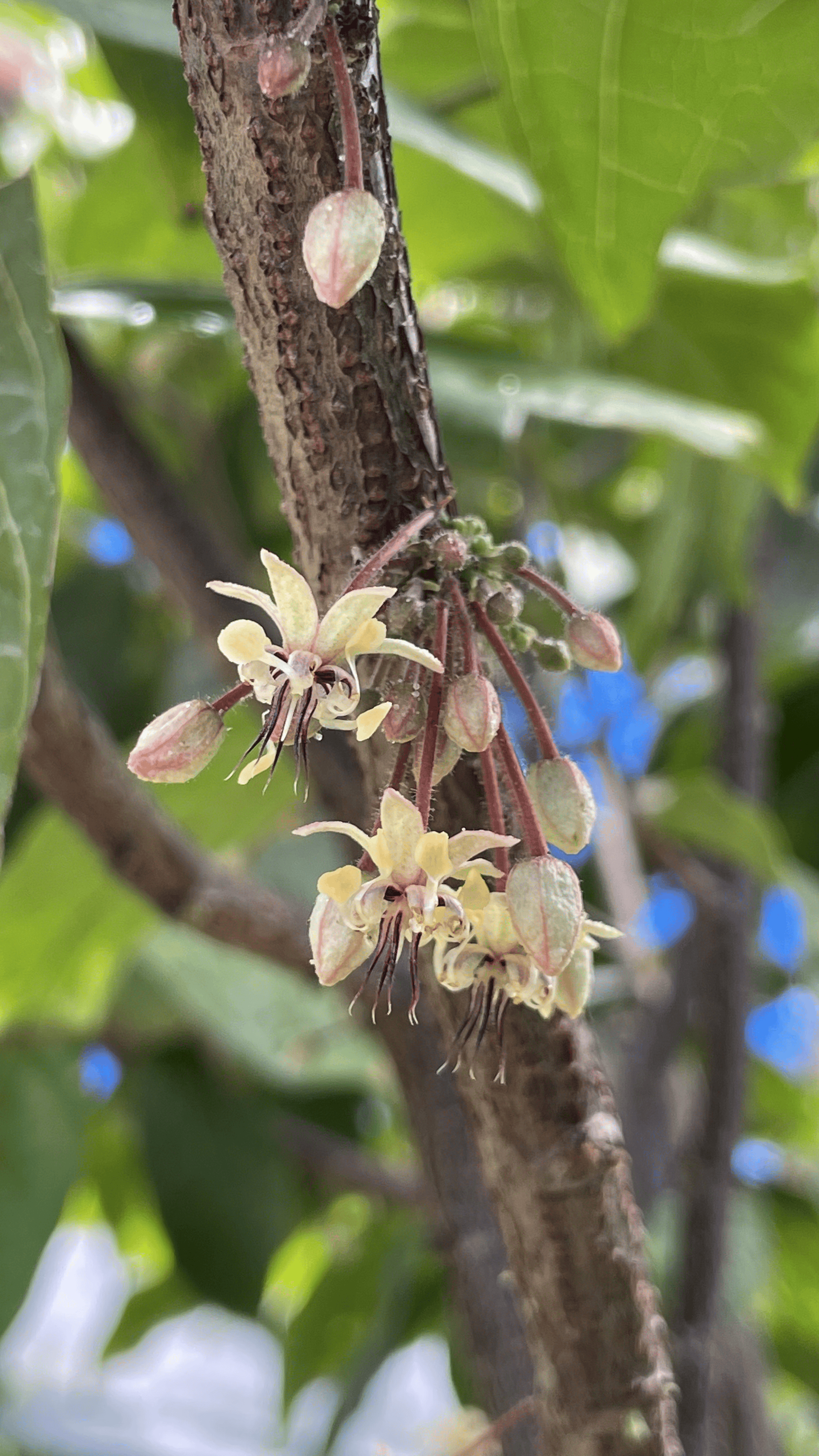

This initiative integrates cutting-edge science with fieldwork and has already yielded valuable results in both laboratory settings and real cacao plantations in the Amazonas region of Peru.
Through a comprehensive approach, the project has developed and evaluated bacterial strains capable of surviving in cadmium-contaminated environments. These bacteria not only tolerate high concentrations of the metal but also show potential to protect cacao roots, reduce cadmium uptake, and contribute to a more balanced agricultural ecosystem.

Research that transforms
To date, Microresi Peru has supported the development of two postgraduate theses:
- “Phenotypic, biochemical, and genomic analysis of cadmium-tolerant bacteria associated with cacao crops in the Amazonas region” – which identified key functional and genetic traits involved in heavy metal tolerance.
- “Assessment of bacterial gene expression levels associated with cadmium tolerance in cacao plantations in the Amazonas region” – focused on understanding how these genes are expressed under real agricultural conditions, providing insights into their in situ functionality.
Currently, an undergraduate thesis is underway, expanding the project’s focus to new biotechnological applications in the field.

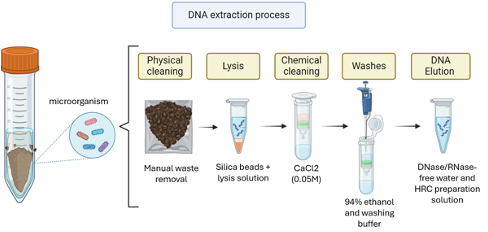

Why Is This Important?
Recent studies emphasize the critical role of the soil microbiome in crop health. Beneficial microorganisms, such as those studied by Microresi, can contribute to the phytoremediation of contaminated soils, improve nutrient availability, and activate plant defense mechanisms. Implementing microbial strategies offers a sustainable alternative to traditional decontamination methods, which are often costly and environmentally harmful.
Moreover, microbiological research paves the way for more adaptive and resilient agriculture—particularly vital in the face of climate change. According to FAO, over 33% of the world’s soils are already degraded, and innovation in bio-inputs is essential to reverse this trend.
📸 Stay tuned—fieldwork images and results will be shared soon!
Would you like to learn more about our progress or collaborate on the project? Reach out to us or visit our social media channels. Science for the field is more alive than ever!

